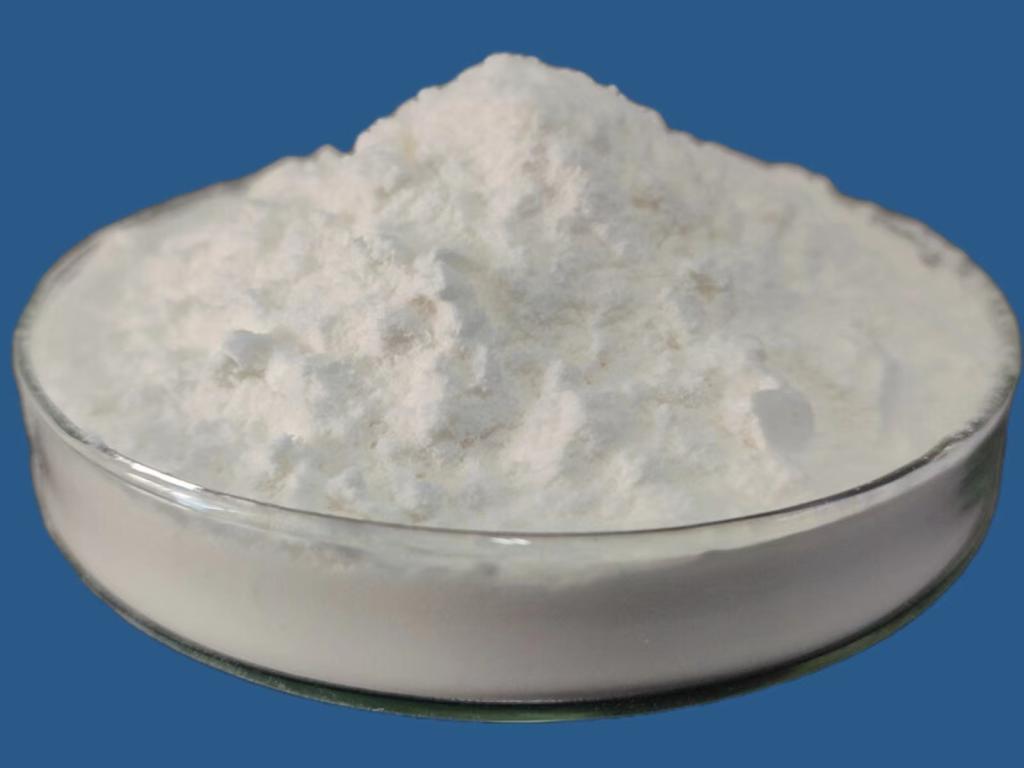Tel:+8618231198596

News
 CONTACT
CONTACT
 CONTACT
CONTACT
- Linkman:Linda Yao
- Tel: +8618231198596
- Email:linda.yao@dcpharma.cn
- Linkman:CHARLES.WANG
- Department:Overseas
- Tel: 0086 0311-85537378 0086 0311-85539701
News
Current Position:
Home >
News
>ε-Polylysine hydrochloride's applications in reducing the risk in deli meats.
ε-Polylysine hydrochloride's applications in reducing the risk in deli meats.
TIME:2023-08-17
ε-Polylysine Hydrochloride: An Overview and Mechanisms of Action:
Derived from microbial fermentation, ε-Polylysine hydrochloride is characterized by its linear chain of lysine residues. Its antimicrobial efficacy arises from its ability to disrupt microbial cell membranes and interfere with vital cellular functions. Key mechanisms of action include:
Cell Membrane Disruption: ε-Polylysine hydrochloride's interaction with negatively charged components of microbial cell membranes leads to membrane permeabilization, causing leakage of cellular contents and eventual cell death.
Protein Binding and Inactivation: The polycationic nature of ε-Polylysine hydrochloride enables it to bind to microbial proteins, disrupting their function and inhibiting microbial growth.
pH-Dependent Activity: ε-Polylysine hydrochloride's effectiveness is influenced by pH levels, making it well-suited for application in meat products with varying acidity.
Benefits of ε-Polylysine Hydrochloride in Deli Meats and Charcuterie:
Microbial Control: ε-Polylysine hydrochloride exhibits broad-spectrum antimicrobial activity against bacteria, yeasts, and molds, making it effective in preventing the growth of foodborne pathogens that can compromise deli meats and charcuterie.
Enhanced Shelf Life: By inhibiting microbial growth, ε-Polylysine hydrochloride contributes to extending the shelf life of deli meats and charcuterie, preserving their quality and safety for a longer duration.
Preservation of Sensory Attributes: ε-Polylysine hydrochloride's minimal impact on flavor, texture, and aroma helps maintain the sensory appeal of deli meats and charcuterie, which can deteriorate due to microbial spoilage.
Clean Label and Natural Appeal: As a natural antimicrobial agent, ε-Polylysine hydrochloride aligns with consumer preferences for clean-label products with fewer synthetic additives.
Applications in Deli Meats and Charcuterie:
Pre-Processing Treatment: ε-Polylysine hydrochloride can be applied as a pre-processing treatment to raw meat to inhibit the growth of foodborne pathogens before further processing and curing.
Incorporation into Formulations: ε-Polylysine hydrochloride can be directly incorporated into deli meat and charcuterie formulations to prevent microbial contamination during curing, smoking, and aging.
Food Safety Enhancement: ε-Polylysine hydrochloride contributes to enhancing the safety of these products, reducing the risk of foodborne pathogen outbreaks and ensuring consumer protection.
Considerations and Future Directions:
Regulatory Approvals: Regulatory approval for the use of ε-Polylysine hydrochloride in meat products, including deli meats and charcuterie, may vary across regions. Compliance with local regulations is essential.
Dosage Optimization: Determining the optimal concentration of ε-Polylysine hydrochloride to achieve effective antimicrobial activity while preserving product quality requires careful consideration.
Consumer Acceptance: Transparent labeling and effective communication are crucial to ensure that consumers understand the purpose and benefits of ε-Polylysine hydrochloride in maintaining food safety.
Technological Innovation: Continued research can lead to the development of advanced delivery systems and formulations to optimize the effectiveness of ε-Polylysine hydrochloride.
Conclusion:
In the pursuit of safe and high-quality deli meats and charcuterie, ε-Polylysine hydrochloride emerges as a powerful tool to mitigate the risk of foodborne pathogens. Its unique mechanisms of action, broad-spectrum antimicrobial activity, and compatibility with various meat products make it a valuable asset for the meat industry. As consumer demands for natural, safe, and flavorful food options rise, ε-Polylysine hydrochloride offers a natural and effective solution to address microbial challenges while preserving the sensory attributes of deli meats and charcuterie. Continued research, collaboration, and innovation have the potential to reshape the future of meat preservation, ensuring that these cherished culinary delights can be enjoyed with confidence, nourishing both the palate and the well-being of consumers around the globe.
- Tel:+8618231198596
- Whatsapp:18231198596
- Chat With Skype







